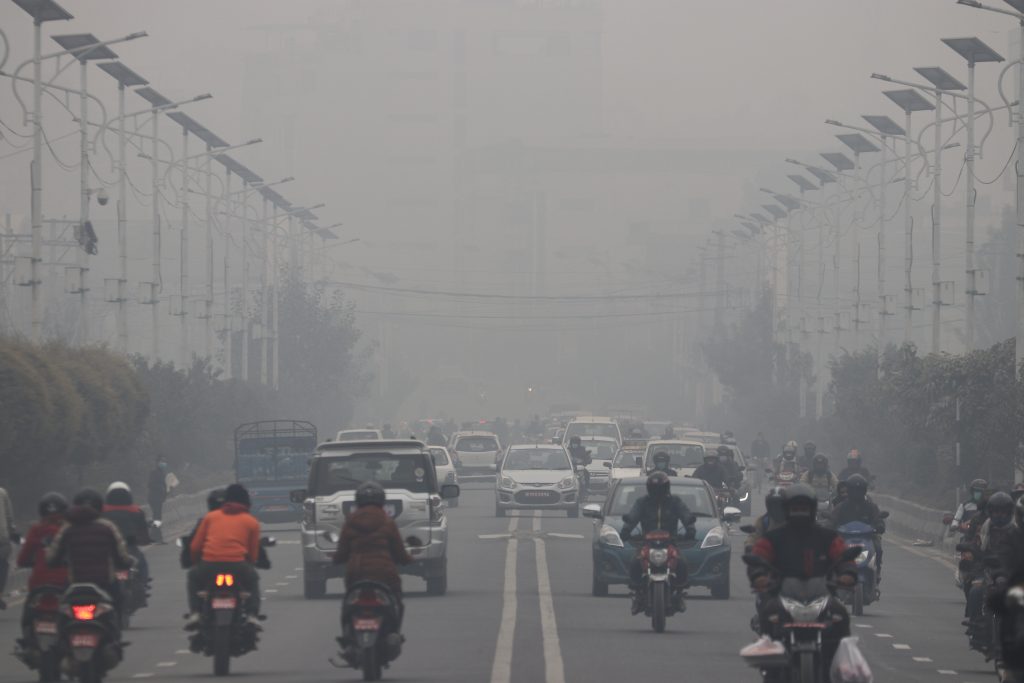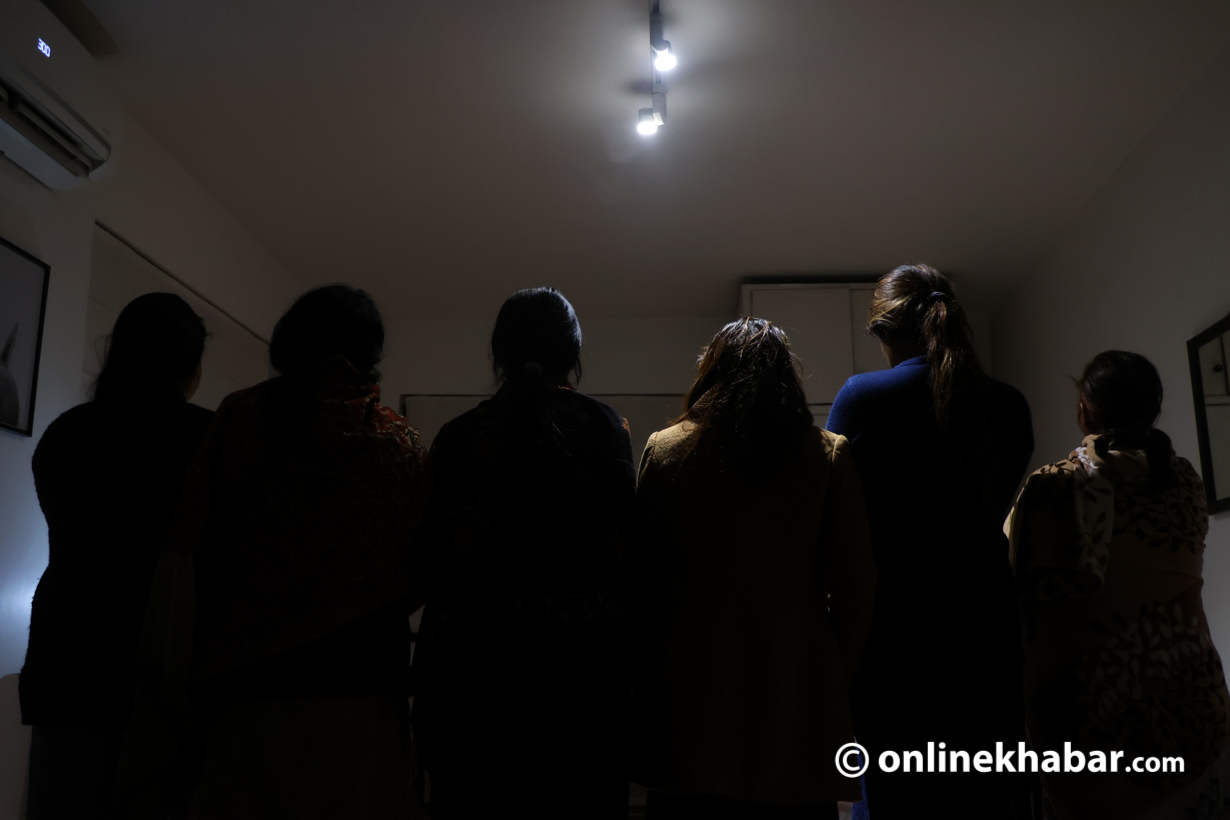
What could be the average speed of pedestrians on the streets of New York, London, or Kathmandu? Standing on the street, if one is to observe the cities’ motion, one can see a whirlwind of faces, most of them middle class.
Most of the middle class people are rushing through the day for a common cause: to bring home the bacon at the cost of their rest.
Rush, though kinetic in nature, stems from the mind. It is a frenetic excitement or energy that propels the mind to understand that by accelerating any physical activity such as walking, talking, running, or eating it shall fix or compensate a crisis. So, ‘rush’ is not bad after all.
It is the mind’s stroke of genius. It happens in a range of situations: when we leap the staircases in the last minute to rush to our classes with a thumping heartbeat, when we are chased by a dog in some narrow alley, or while we playfully run away from a piece of broccoli our mothers try to feed us.
Who defamed ‘rush’?
Although capitalism and industrial revolution opened up a plethora of opportunities for the modern society they also fuelled a work-style that is unequivocally fast and competitive. While incessantly rushing during walking, talking, speaking, eating, or processing, the quality of our auxiliary behaviours like waiting, listening, observing, or reflecting is plummeting. In this sense, ‘rush’ is no more a sweet hormone induced spontaneously time and again by our body in order to make us feel alive because it’s excessive wielding is taxing our rest.
The world is resting less today. The pandemic of rush is eroding global health. The widespread manifestation of degenerative diseases such as hypertension, diabetes, obesity, glandular-dysfunction or cancer could be a price to compensate the liability of over-rushing in life. We have simply become a dysfunctional machine managing anyways on the pills. Can we sustain this way? There will be repercussions in the economy, productivity, creativity, and altogether in our legacy. Should we not be heedful to take the phenomenon called life more easily?
Looking forward
What I would suggest to myself and others is to be more discriminative of the real and nominal forms of rests. Unwinding on social media or relying on entertainment technology sounds handy to clear away a day’s dust. However, breathing in deep and long to meditate over the day’s takings can bring forth rest in real sense ensuing thoughtfulness and reflection.
Wouldn’t it be beautiful to observe our own thoughts, emotions, and feelings and get rid of tiredness, anxiety, cravings, and aversions all flowing in and out of the breath?
Perhaps, amidst the hustle and bustle per diem one can simply walk easily or eat peacefully or just listen patiently to keep to a minimum rush.
























